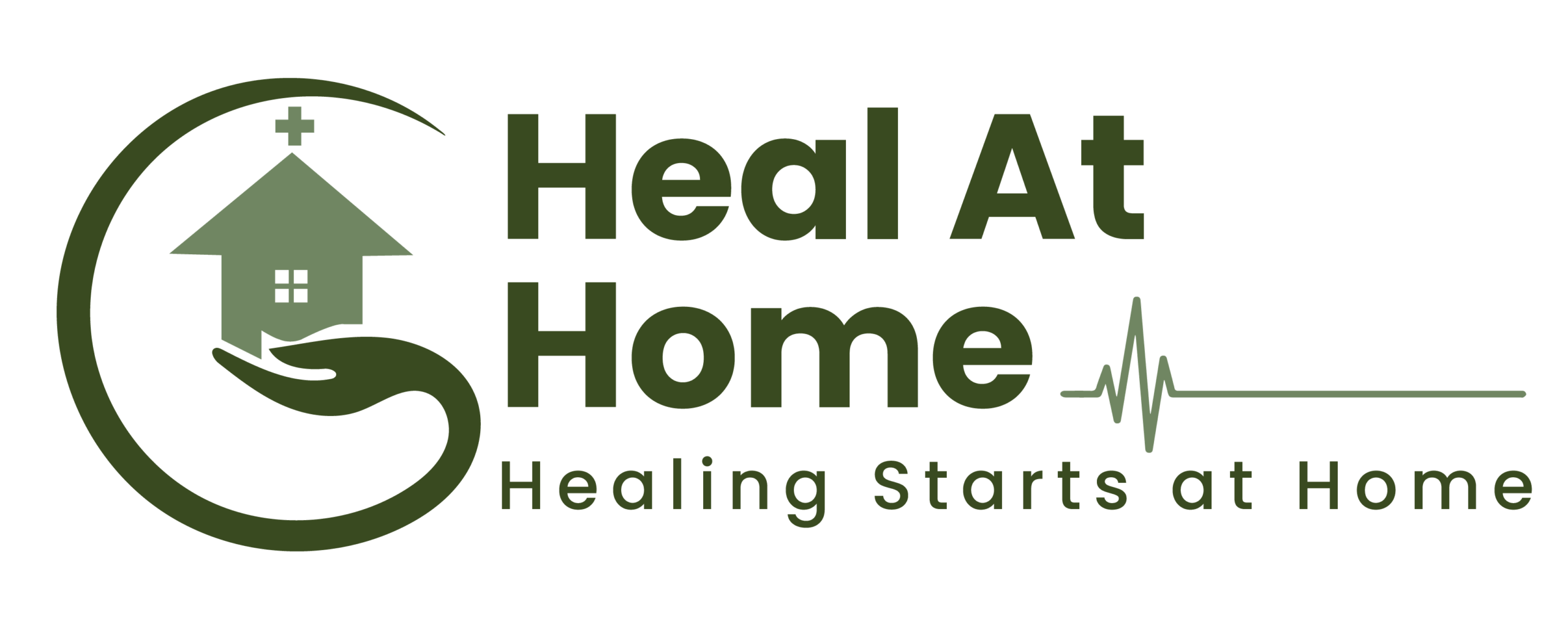Shortness of breath, also known as dyspnea, is a common symptom after a hospital stay. It can be caused by a variety of factors, including:
- An underlying medical condition, such as heart disease, asthma, or pneumonia

- Side effects of medications
- Deconditioning, which is a loss of strength and endurance that can occur during a hospital stay
If you are experiencing shortness of breath after a hospital stay, it is important to talk to your doctor. They can help you determine the cause of your shortness of breath and develop a treatment plan.
How Home Health Physical Therapy Can Help
Home health physical therapy can be a valuable resource for individuals experiencing shortness of breath following a hospital stay. Physical therapists can help you:
- Improve your strength and endurance
- Learn how to breathe more effectively
- Manage your pain
- Reduce your risk of falls
- Improve your quality of life
How Home Physical Therapy Can Improve Your Strength and Endurance
Physical therapy is a type of rehabilitation that helps people recover from injuries or illnesses. It can also be used to improve strength and endurance. Home physical therapy is a type of physical therapy that is provided in the patient’s home. This can be a convenient and effective way to receive physical therapy.
There are many benefits to receiving home physical therapy. One benefit is that it can be more convenient than going to a physical therapy clinic. This is especially beneficial for people who have difficulty getting around or who live far from a physical therapy clinic. Another benefit of home physical therapy is that it can be more personalized. The physical therapist can tailor the exercises to the patient’s individual needs and goals. This can help the patient to make better progress.

Home physical therapy can be used to improve strength and endurance in a variety of ways. The physical therapist will work with the patient to develop a personalized exercise program. The program will typically include exercises that target the major muscle groups. The physical therapist will also teach the patient proper form and technique. This will help to prevent injuries and ensure that the patient is getting the most out of the exercises.
In addition to exercises, home physical therapy may also include other treatments, such as manual therapy, massage, and education. Manual therapy is a type of hands-on treatment that can help to improve range of motion and reduce pain. Massage can help to relax muscles and improve circulation. Education can help the patient to learn about their condition and how to manage it.
Home physical therapy can be a valuable tool for improving strength and endurance. It is a convenient and effective way to receive physical therapy. If you are interested in learning more about home physical therapy, please talk to your doctor.
Here are some tips for getting the most out of home physical therapy:
- Be prepared for each session. Make sure you have the necessary equipment and clothing.
- Listen to your physical therapist. They will be able to guide you through the exercises and make sure you are doing them correctly.
- Don’t be afraid to ask questions. If you don’t understand something, ask your physical therapist to explain it.
- Be patient. It takes time to see results from physical therapy. Don’t get discouraged if you don’t see results immediately.
- Stay motivated. It’s important to stay motivated and keep up with your exercises. If you miss a session, don’t give up. Just pick up where you left off.
Home physical therapy can be a great way to improve your strength and endurance. If you are looking for a convenient and effective way to get back in shape, talk to your doctor about home physical therapy.
If you are interested in learning more about how home health physical therapy can help you, please contact your doctor or a local home health agency.
Here are some tips for managing shortness of breath after a hospital stay:
- Talk to your doctor. They can help you determine the cause of your shortness of breath and develop a treatment plan.
- Get regular exercise. Exercise helps to improve your strength and endurance, which can make it easier to breathe.
- Breathe deeply and slowly. This will help to slow your heart rate and increase the amount of oxygen that reaches your lungs.
- Avoid triggers that worsen your shortness of breath. These triggers may include things like exercise, stress, or cold air.
- Use your inhaler or other medications as prescribed by your doctor. These medications can help to open your airways and make it easier to breathe.
- Get enough rest. When you are well-rested, you are better able to cope with shortness of breath.
- Eat a healthy diet. A healthy diet can help to improve your overall health and well-being, which can make it easier to breathe.
- Maintain a positive attitude. A positive attitude can help you to cope with shortness of breath and other
 challenges.
challenges.
If you are experiencing shortness of breath after a hospital stay, please talk to your doctor. They can help you develop a treatment plan and manage your symptoms.

